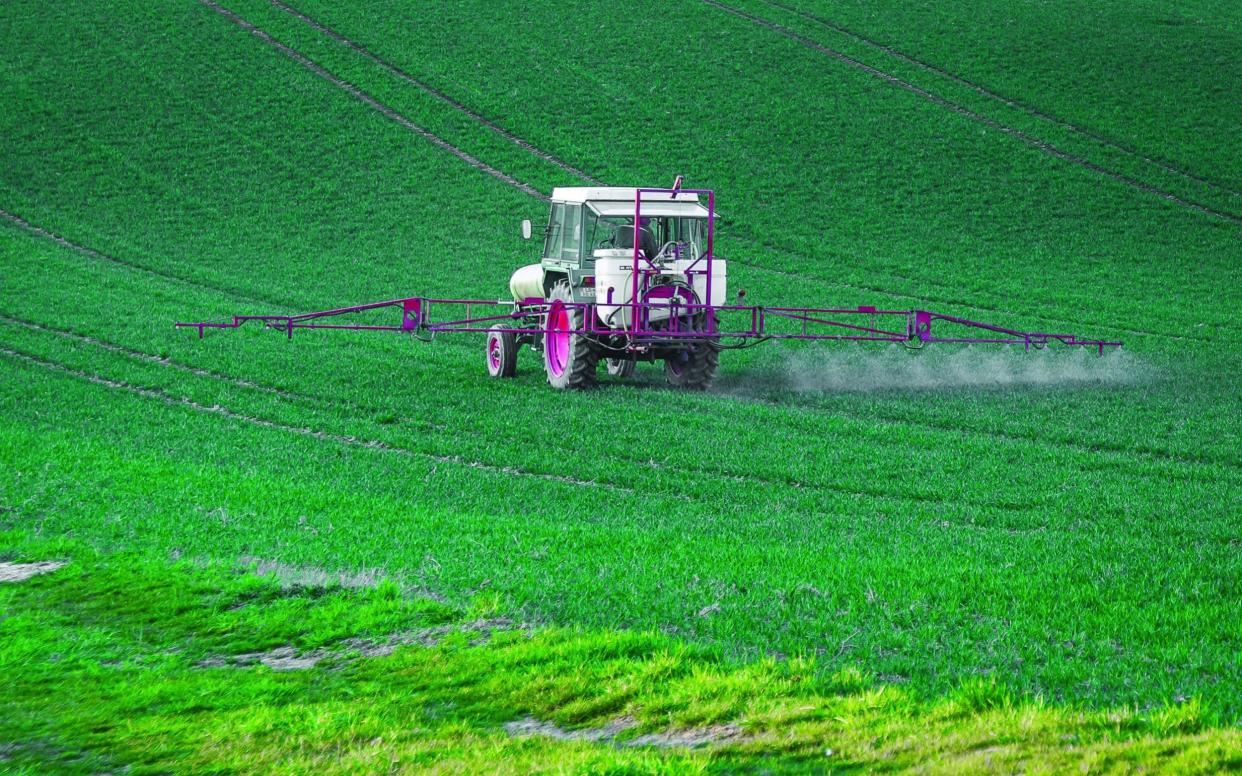Applying rock dust to farmlands could suck up 2 billion tons of CO2

Applying rock dust to farmlands could suck up 2 billion tonnes of carbon dioxide annually, the same amount as the current total from global aviation and shipping, a major new study has found.
The technique, called enhanced weathering, involves spreading finely crushed volcanic basalt on fields to improve their ability to absorb CO2 and provide nutrients to the soil.
China, India and the US, the world’s biggest emitters, hold half the world’s potential from the technique and could remove as much carbon dioxide as one quarter of Europe’s current total emissions, according to the study from the University of Sheffield.
“Carbon dioxide drawdown strategies that can scale up and are compatible with existing land uses are urgently required to combat climate change, alongside deep and sustained emissions cuts,” said Professor David Beerling, Director of the Leverhulme Centre for Climate Change Mitigation at the University of Sheffield and lead author of the study, said.
“Spreading rock dust on agricultural land is a straightforward, practical CO2 drawdown approach with the potential to boost soil health and food production.
The technique is one of several so-called carbon capture technologies, which experts say will be necessary if the world is to meet its aim of limiting global warming to below 2C.
None of the techniques have so far proven to be viable on a large enough scale, though the use of several at once is likely to be necessary to reach climate goals.
The study calculates the cost of the technique at around $80-$180 per tonne of CO2, which compares to a cost of around $20-100 for afforestation and around $600 for direct air capture, the technique said to be favoured by Dominic Cummings.
Enhanced weathering has the advantage of being a relatively accessible technique, said Professor Steven Banwart, a partner in the study.
“The practice of spreading crushed rock to improve soil pH is commonplace in many agricultural regions worldwide. The technology and infrastructure already exist to adapt these practices to utilise basalt rock dust. This offers a potentially rapid transition in agricultural practices to help capture CO2 at large scale,” he said.
The study’s authors suggest the rocks could be procured from stockpiles left over from the mining industry, and calls on governments to begin developing inventories.
Other potential sources are byproducts of iron and steel manufacturing and waste cement from construction and demolition.
A 2012 study suggested that the UK has “large” resources of rock necessary.
The research was conducted by the Leverhulme Centre for Climate Change Mitigation at the University of Sheffield, which is investigating enhanced weathering techniques.


